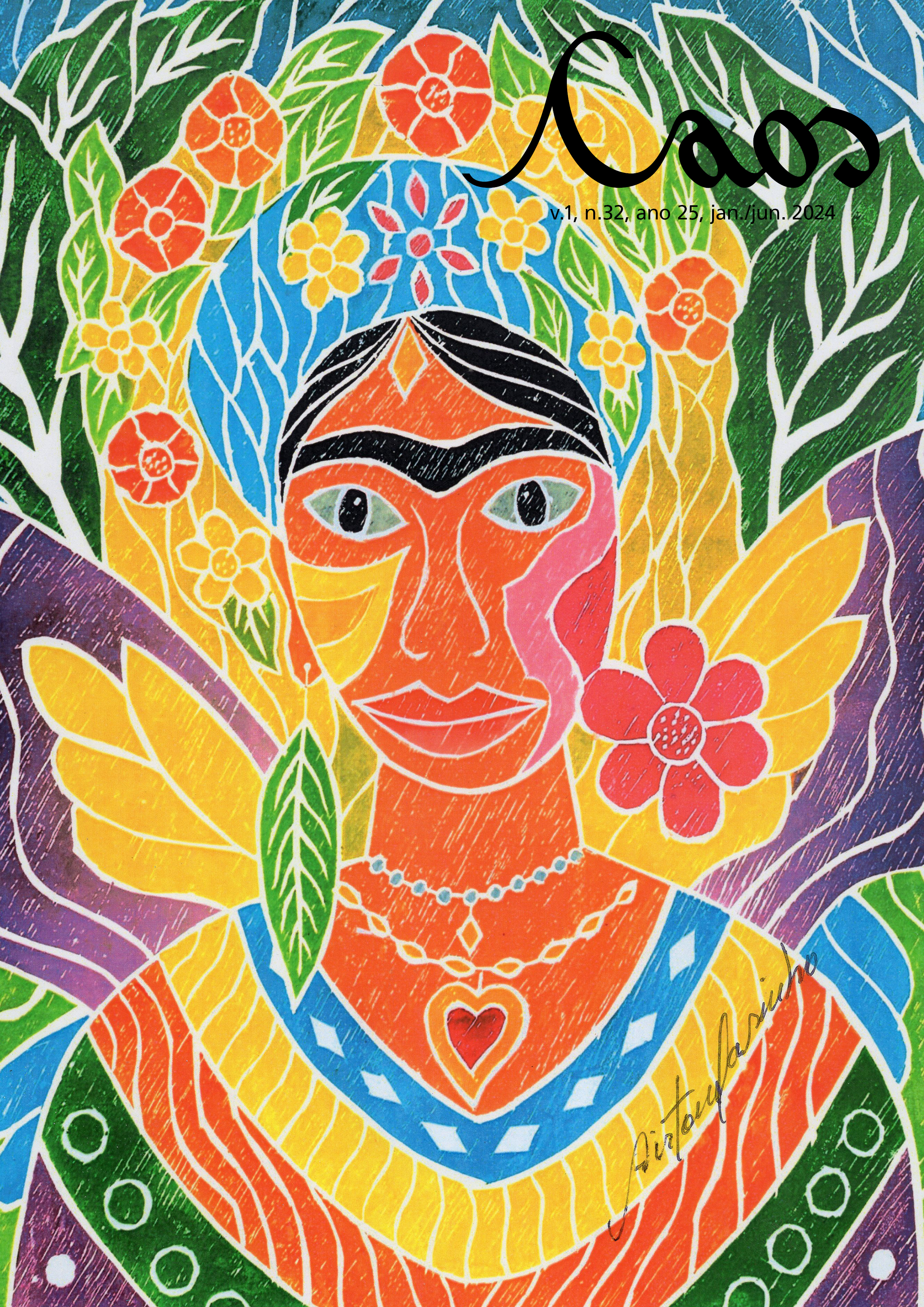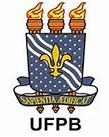MOTHERING AND THE MULTIPLICATION OF THE FEMALE BODY: matriarcal centrality in “The Joys of Motherhood” by Buchi Emecheta
DOI:
https://doi.org/10.46906/caos.n32.70163.p251-261Keywords:
women, motherhood, body, African literature.Abstract
The scope of this review aims to reflect on the social construction of the Nigerian African woman, influenced by the Igbo ideal of motherhood and the natural use of women's bodies for this purpose. We focus on the correlation between female characters, whose lives are interweaved in the cultural context, and the challenges they face with British colonization. Through critical and qualitative study, we seek to understand the bodily, subjective, and interpersonal transformations that compose Florence Onyebuchi Emecheta's writing in The Joys of Motherhood, a novel first published in 1979. It is evident that the author emphasizes the naturalized imposition on women's bodies, presenting them as having the vital strength to bring forth other lives. The analysis allows for a certain displacement of the author's fleeting memories, as the book's title connects with her own history, highlighting the positive side. However, the oppressive and violent surroundings, along with the questioning, silenced by the specified culture, are also emphasized. In the act of writing itself, the maternal role sparks discussions that cut across gender, prompting us to consider ethnic-racial, feminine, and bodily intersections, among other aspects. In this sense, the results obtained in this maternity workshop, although set in an African country, exhibit some similarities with the Western world that constructed the concept of the ideal woman and mother.
Downloads
Metrics
References
AKUJOBI, R. Motherhood in african literature and culture. Comparative Literature and Culture, West Lafayette, v. 13, p. 1-7, abr. 2011. Disponível em: https://docs.lib.purdue.edu/clcweb/vol13/iss1/2/. Acesso em: 3 maio 2024.
AMADIUME, Ifi. Theorizing matriarchy in Africa: kinship ideologies and systems in Africa and Europe. In: OYÈWÚMI, Oyèrónké (Ed.). African Gender Studies: A Reader. New York: Palgrave Macmillan, 2005. p. 83-98.
AMADIUME, Ifi. Male daughters, female husbands: gender and sex in an african society. London: Zed Press, 1987.
BADINTER, E. Um amor conquistado: o mito do amor materno. Rio de Janeiro: Nova Fronteira, 1985.
DIOP, Cheikh Anta. A unidade cultural da África negra: esferas do patriarcado e do matriarcado na Antiguidade clássica. Luanda: Edições Mulemba; Ramada: Edições Pedago, 2014.
EMECHETA, Buchi. As alegrias da maternidade. Porto Alegre: Dublinense, 2018.
EVARISTO, C. Escrevivências da afro-brasilidade: história e memória. Releitura, Belo Horizonte, n. 23, 2008. Disponível em: http://nossaescrevivencia.blogspot.com/2012/08/escrevivencias-da-afrobrasilidade.html. Acesso em: 3 maio 2024.
NWAPA, Flora. Efuru. Londres: Heinemann, 1966.
OYĚWÙMÍ, Oyèrónkẹ. A invenção das mulheres: construindo um sentido africano para os discursos ocidentais de gênero. Rio de Janeiro: Bazar do Tempo, 2021.
Published
Issue
Section
License
Copyright (c) 2024 Cassirene Milena Silva Lima, Nanashara Carneiro Oliveira Santos, Rodrigo Ribeiro Santos

This work is licensed under a Creative Commons Attribution-NonCommercial 4.0 International License.
A Caos é regida por uma Licença da Creative Commons (CC): CC BY-NC 4.0, aplicada a revistas eletrônicas, com a qual os autores declaram concordar ao fazer a submissão. Os autores retêm os direitos autorais e os de publicação completos.
Segundo essa licença, os autores são os detentores dos direitos autorais (copyright) de seus textos, e concedem direitos de uso para outros, podendo qualquer usuário copiar e redistribuir o material em qualquer suporte ou formato, remixar, transformar e criar a partir do material, ou usá-lo de qualquer outro propósito lícito, observando os seguintes termos: (a) atribuição – o usuário deve atribuir o devido crédito, fornecer um link para a licença, e indicar se foram feitas alterações. Os usos podem ocorrer de qualquer forma razoável, mas não de uma forma que sugira haver o apoio ou aprovação do licenciante; (b) NãoComercial – o material não pode ser usado para fins comerciais; (c) sem restrições adicionais – os usuários não podem aplicar termos jurídicos ou medidas de caráter tecnológico que restrinjam legalmente outros de fazerem algo que a licença permita.
Recomendamos aos autores que, antes de submeterem os manuscritos, acessem os termos completos da licença (clique aqui).
















